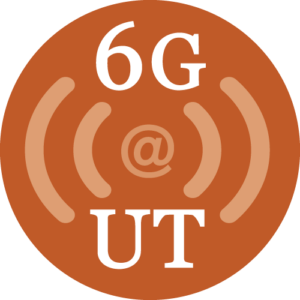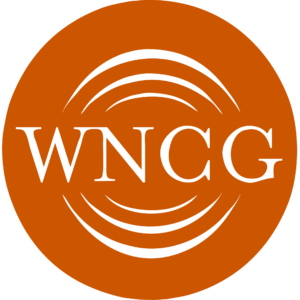Ken Pesyna Awarded Innovative Signals Analysis Fellowship, December 2011
Austin, TX — The Radionavigation Laboratory congratulates Ken Pesyna for being selected to receive the Innovative Signals Analysis Fellowship for the 2011-2012 academic year. The fellowship comes with a $4,000 stipend. In addition to being a member of the Radionavigation Laboratory, Ken is a member of the Wireless Systems Innovation Laboratory under the supervision of Dr. Robert Heath.
Ken Pesyna Awarded Innovative Signals Analysis Fellowship, December 2011 Read More »


